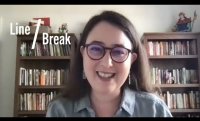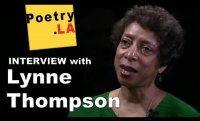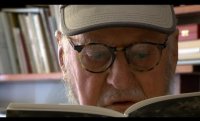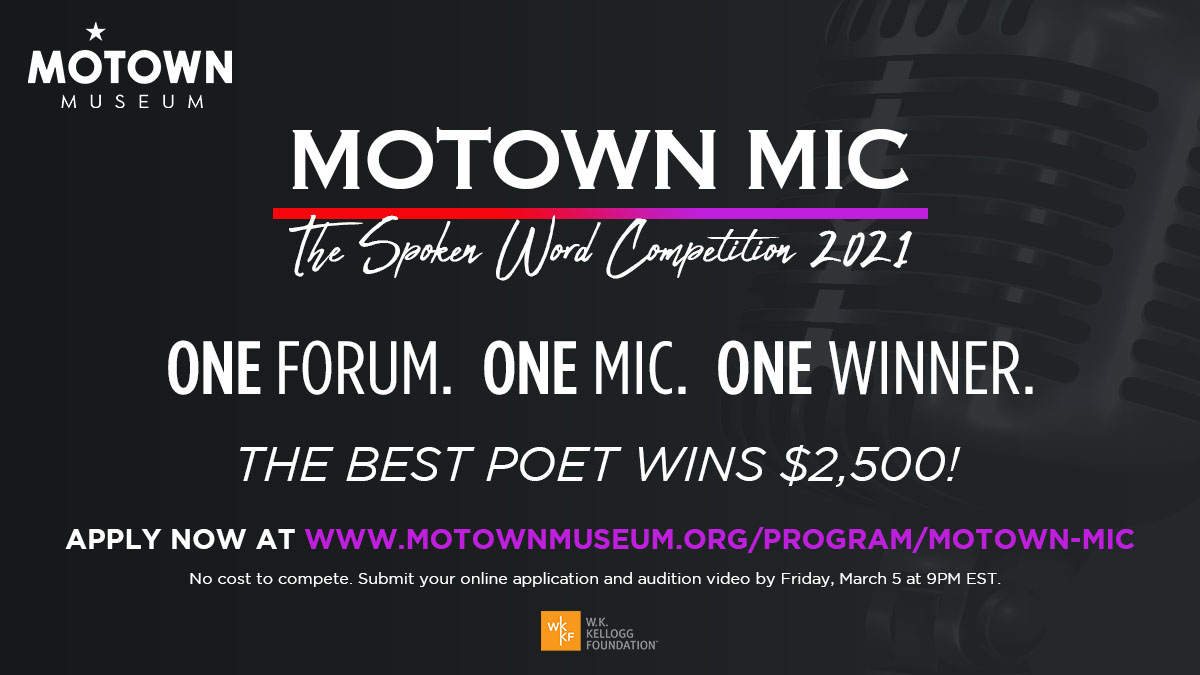It’s hard to believe, but the end of February is almost here! With deadlines of either February 28 or March 1, these awards include opportunities earmarked for writers in Alabama and Mississippi, as well as two prizes for Black writers who self-published books last year. All feature a cash prize of $500 or more.
Alabama State Council on the Arts Literary Arts Fellowships: Fellowships of $5,000 each are given annually to poets, fiction writers, and creative nonfiction writers who have lived in the state of Alabama for at least two years. Deadline: March 1. Entry fee: none.
Association of Writers & Writing Programs Award Series: Two prizes of $5,500 each and publication by a participating press are given annually for a poetry collection and a short story collection. In addition, two prizes of $2,500 each and publication by a participating press are given annually for a novel and a book of creative nonfiction. Ilya Kaminsky will judge in poetry, Rebecca Makkai will judge in short fiction, Sabina Murray will judge in the novel, and Aimee Nezhukumatathil will judge in nonfiction. Deadline: February 28. Entry fee: $30 ($20 for AWP members).
Biographers International Organization Hazel Rowley Prize: A prize of $2,000 will be given annually for a work-in-progress by a writer who has not published a biography. The winner will also receive review of their manuscript by an agent, publicity through the Biographers International Organization (BIO) website, and a one-year membership in BIO. Writers who have not previously published, or who are not under contract to write, a book of biography, history, or other work of narrative nonfiction are eligible. Deadline: March 1. Entry fee: $25.
Black Caucus of the American Library Association Self-Publishing Literary Awards: Two prizes of $500 each are given annually for a poetry e-book and a fiction e-book by an African American writer self-published in the United States during the previous year. The awards honor books that depict the “cultural, historical, and sociopolitical aspects of the Black Diaspora.” Deadline: February 28. Entry fee: none.
Fish Publishing Flash Fiction Prize: A prize of €1,000 (approximately $1,170) and publication in the Fish Publishing anthology is given annually for a short short story. The winner is also invited to give a reading at the West Cork Literary Festival in July 2021. Kathy Fish will judge. Deadline: February 28. Entry fee: €14 (approximately $16) for online entries or €16 (approximately $18) for postal entries.
Hunger Mountain Literary Prizes: Three prizes of $1,000 each and publication on the Hunger Mountain website are given annually for a poem, a short story, and an essay. Tomás Q. Morín will judge in poetry, Trinie Dalton will judge in fiction, and Terese Marie Mailhot will judge in nonfiction. Deadline: March 1. Entry fee: $20.
Little Tokyo Historical Society Short Story Contest: A prize of $500 and publication in the Rafu Shimpo and on the Discover Nikkei and Little Tokyo Historical Society websites is given annually for a short story that takes place in the Little Tokyo district of Los Angeles. Deadline: February 28. Entry fee: none.
Mississippi Arts Commission Literary Artist Fellowships: Grants of up to $5,000 each are given in alternating years to Mississippi poets, fiction writers, and creative nonfiction writers. This year the fellowships will be offered in categories including creative nonfiction. Applicants must be permanent residents of Mississippi. Deadline: March 1. Entry fee: none.
Omnidawn Publishing First/Second Poetry Book Contest: A prize of $3,000, publication by Omnidawn Publishing, and 100 author copies is given annually for a first or second poetry collection. Kazim Ali will judge. Deadline: February 28. Entry fee: $27 ($30 to receive a book from the Omnidawn catalogue).
Tupelo Press Snowbound Chapbook Award: A prize of $1,000 and publication by Tupelo Press is given annually for a poetry chapbook. Denise Duhamel will judge. Deadline: February 28. Entry fee: $25.
University of Wisconsin Institute for Creative Writing Fellowships: An academic year in residence, which includes a stipend of at least $39,000, at the University of Wisconsin in Madison is given annually to at least five writers working on a first or second book of poetry or fiction. Writers with an MFA or PhD in creative writing who have not published more than one book are eligible. Deadline: March 1. Entry fee: $50.
Visit the contest websites for complete guidelines, and check out the Grants & Awards database and Submission Calendar for more contests in poetry, fiction, and creative nonfiction.











